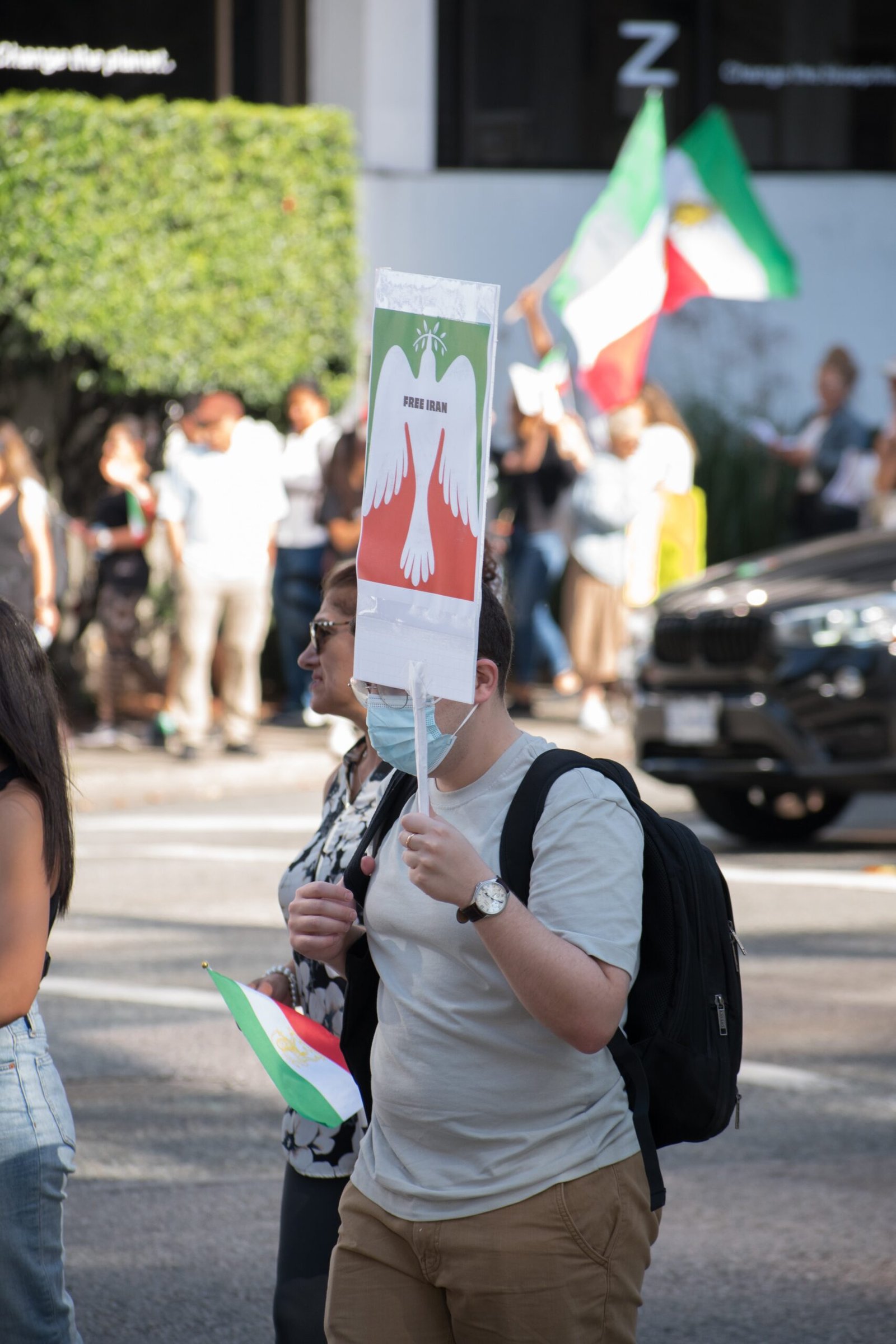Human rights violations are a pressing issue that affects millions of people around the world. From discrimination and inequality to violence and oppression, these violations undermine the fundamental rights and freedoms that every individual should be entitled to.
Fortunately, there are ongoing efforts to combat these global injustices and promote a world where human rights are respected and protected. In this article, we will explore some of the latest initiatives and actions being taken to address human rights violations.
The Role of International Organizations
International organizations play a crucial role in addressing human rights violations on a global scale. The United Nations (UN) and its various agencies, such as the Office of the High Commissioner for Human Rights (OHCHR), work tirelessly to promote and protect human rights worldwide.
Through mechanisms like the Universal Declaration of Human Rights and the International Bill of Human Rights, the UN sets standards and guidelines for member states to follow. It also conducts investigations, monitors human rights situations, and provides support to countries in need.
Additionally, regional organizations like the European Union (EU), the African Union (AU), and the Organization of American States (OAS) have their own human rights mechanisms and initiatives. These organizations collaborate with member states to address human rights concerns within their respective regions.
Advocacy and Awareness Campaigns
Advocacy and awareness campaigns are powerful tools in the fight against human rights violations. They help to raise public awareness, mobilize support, and put pressure on governments and institutions to take action.
Non-governmental organizations (NGOs) and civil society groups play a crucial role in advocating for human rights. They work on the ground, documenting violations, providing assistance to victims, and advocating for policy changes.
One notable example is the #MeToo movement, which gained global attention for its efforts to combat sexual harassment and assault. By sharing personal stories and raising awareness, the movement sparked a global conversation on the issue and led to significant changes in laws and policies.
Legal and Judicial Interventions
Legal and judicial interventions are essential in holding perpetrators of human rights violations accountable for their actions. International criminal tribunals, such as the International Criminal Court (ICC), investigate and prosecute individuals responsible for war crimes, genocide, and crimes against humanity.
Domestically, courts play a crucial role in upholding human rights. They provide a platform for victims to seek justice and hold violators accountable. Landmark cases, such as Brown v. Board of Education in the United States, have paved the way for significant advancements in human rights and equality.
Corporate Social Responsibility
Corporate social responsibility (CSR) has become an increasingly important aspect of addressing human rights violations. Businesses and corporations have a responsibility to respect human rights in their operations and supply chains.
Many companies have adopted CSR policies and initiatives to ensure that their practices align with human rights standards. This includes fair labor practices, ensuring safe working conditions, and eliminating child labor and forced labor.
Furthermore, investors and consumers have started to prioritize ethical and socially responsible companies, putting pressure on businesses to address human rights concerns.
Education and Empowerment
Education and empowerment are key to preventing human rights violations and creating a culture of respect for human rights. By educating individuals about their rights and promoting tolerance and inclusivity, we can build a more just and equitable society.
Schools and educational institutions play a vital role in teaching human rights and promoting values of equality and respect. Human rights education programs equip students with the knowledge and skills to become active global citizens who can advocate for human rights.
Empowering marginalized communities and amplifying their voices is another crucial aspect of addressing human rights violations. By providing support and platforms for marginalized groups, we can ensure that their rights are protected and their concerns are heard.
Conclusion
While human rights violations continue to be a significant challenge, the latest efforts to combat global injustices provide hope for a better future. Through the work of international organizations, advocacy campaigns, legal interventions, corporate social responsibility, and education, progress is being made in the fight for human rights.
However, it is important to recognize that there is still much work to be done. Continued collaboration and commitment from governments, organizations, and individuals are essential to ensure that human rights are respected and protected for all.










